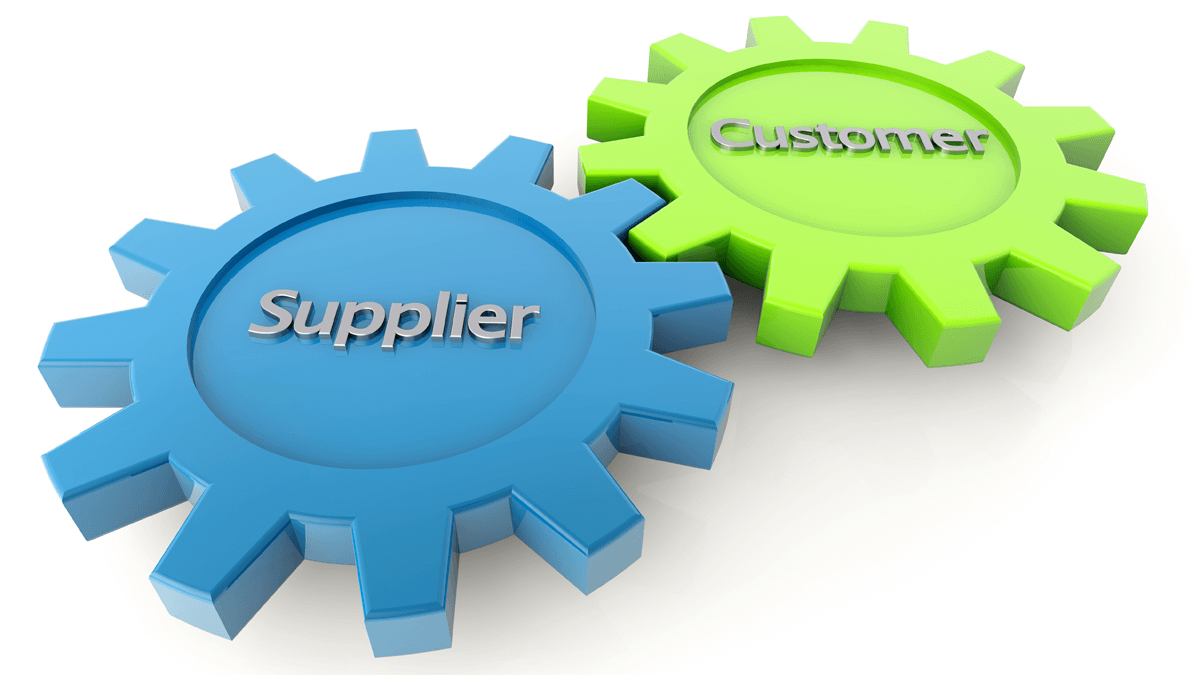When do most producers resolve commercial risk? After product launch, when they learn if their product is a success or failure. You can build a “certainty time machine” and remove most commercial risk in the front-end of innovation. But only if you’re serving B2B customers, who can explain nearly all that you need to know.
More in white paper, Guessing at Customer Needs (page 5).
Don’t let your future be “that time you’ll wish you’d done what you’re not doing now.” You’ll be thankful later if you recalibrate your time horizon now… diverting some of your short-term attention to the future of your business. Besides, what you do this quarter is largely a spectator sport. The prices, profits and margins we wring our hands about during financial reviews were determined years ago by the new products created then for customers.
More in e-book, Leader’s Guide to B2B Organic Growth (Lesson 7).
Long ago, clever employees at your company developed industry-leading products. Most of your growth and profits today probably come from these sturdy product platforms. Don’t count on inherited growth continuing: Every year, purchasing agents and competitors are working diligently to commoditize your specialty products. Glad I could cheer you up on this.
More in white paper, Catch the Innovation Wave (page 14).
More specifically, it’s learning what you didn’t know about the customer’s world in your target market. If you think it’s about “ideating” to come up with cool supplier ideas—which you’ll “validate” with customers—you’ve got it all wrong. Start with customers and their needs… not with you and your notions. Focus on your solutions after you understand what those who might buy them want.
Learn more about B2B innovation at theaiminstitute.com
If your business goal is to “maximize shareholder wealth,” you should change it. See why this lovely-result-but-lousy-goal works against your growth ambitions. Understand the 3 rules exceptional companies follow. Make it your goal to “understand and meet customer needs better than others.”
More in article, Why Maximizing Shareholder Value Is a Flawed Goal
If you’re mainly concerned with making the place look good quarter after quarter, you’re an Interior Decorator. Jeff Bezos was a Builder… running Amazon for seven years before turning a profit. The stock market still applauded him, because he had a building plan they could believe in. As Warren Buffet said, “Companies obtain the shareholder constituency that they seek and deserve.”
More in article, How to become a great business leader
How about knowing their response before they see it? B2B customers are so knowledgeable that you can model their behavior based on what you learn in customer interviews. Prototypes are still worthwhile—for refinement and engagement. But they’re far too expensive and time-consuming if you do them before conducting insightful B2B customer interviews.
More in article, How to model customer needs
Years of research by Booz Allen Hamilton have shown no correlation between how much you spend on R&D and how well you perform over the long term. A better strategy? Understand what customers want… so your R&D doesn’t develop great cures for no known diseases.
More in article, The Inputs to Innovation for B2B
In a whispered voice, a B2B business executive confided to me that his company seldom spent more than $10k on their product launches… even after spending hundreds of thousands developing the product. This isn’t launching a product. This is kicking it off the loading dock and hoping someone finds it.
More in article, Stop Squandering Your Product Launch Budget
Is your business descending the 9 steps of the commodity death spiral right now? Do you see yourself in a specialty vs. commodity tug-of-war? Five commodity-pulling forces are arrayed against you. Specialty-pulling forces must come from one place—you, the supplier—or they won’t come at all.
More in article, The Commodity Death Spiral
You can improve a process anywhere down the value chain, or you can improve the ultimate product. (Mid-stream products don’t count.) Equipment and service providers often have their biggest impact on processes. Component or material makers often have a larger impact on products. In either case, you need to pursue these improvements with passion.
More in e-book, Reinventing VOC for B2B (page 26).
In Level 1, you start with your ideas and launch products you think customers will want. In Level 2, you still start with your ideas, but “validate” them with customers. In Level 3, you start with customer needs, using divergent and convergent interviews. You uncover a full range of outcomes and only work on those customers care about.
More in white paper, Guessing at Customer Needs (page 7).
If you focus on unimportant outcomes, customers will greet your new product with a collective yawn. If you satisfy outcomes competitors already meet, customers will greet you with a phone call requesting lower prices. How long will this take them? Depends if they have you on speed dial.
More in article, Your Best Path to Profitable, Sustainable Organic Growth











